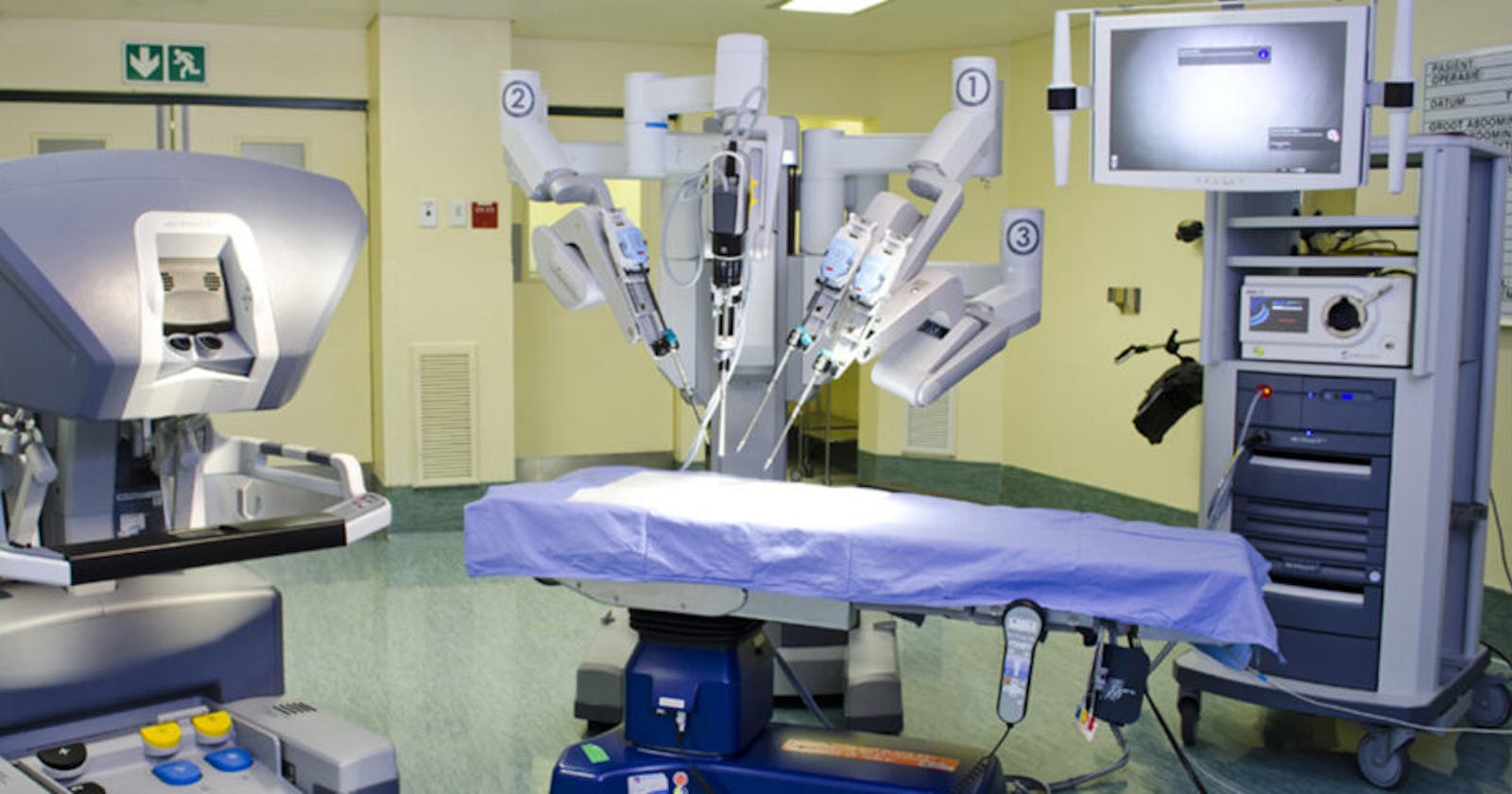Life has evolved from the old ways of performing things to more modern, fascinating, and effective methods. Healthcare is not immune to this trend. In ancient times, surgery was more often than not considered a death sentence. This was largely due to the crude tools that were used, the lack of antibiotics and antiseptics to sterilize and anesthetics to sedate or knock out the patient.
Patients had to undergo surgery completely conscious and endure excruciating pain. Many patients will later die of infections and complications. Nowadays, surgeries are performed with the patient casually conversing with the surgeon about football teams or favorite soap operas or musical groups, and chances of success are much higher than before. In fact, people can opt for surgery where there is no immediate need (such as appendectomies).
An evolving trend is healthcare is integrating advanced technology with surgical practices. Many developed countries are towing this path. Artificial Intelligence being one of these advancements, has increased precision in surgical procedures through the use of robotic systems. Surgeries are more reliable when performed with these technologies. Some of these robots are designed to analyze pre-operation data from medical records of the patient to guide the instruments of the surgeons during operation.
Robots are used to perform minimally invasive surgery, giving more precision and lesser complications. They are used in procedures which require delicate and intricate movements of the surgeons. Arguably, the most advanced surgery robot of the modern day is the da Vinci System, a one-of-a-kind robotic system manufactured by Intuitive Surgical company of Silicon Valley and approved for use by the Food and Drug Administration (FDA) of the United States in the year 2000. Touted as a breakthrough in minimally invasive surgery, the robot bears multiple advantages when used in the operating room.
How far are we from Robotic Surgeries in Nigeria?
Currently, no surgical robot is being implemented today in Nigeria. There is also no documented use of any of the past utilized surgical robot in the history of Nigerian medicine. On the other hand, South Africa has used the da Vinci system for surgeries since its first use in 2015. In fact, there are five of this robots currently used in South Africa.
The Nigerian healthcare is already fraught with so many problems that the introduction of robots for surgical practice looks like a tall dream for the country. Some of which include:
Poor budgeting to public health by the Nigerian government. Due to this, many medical facilities are in poor condition and have severely deteriorated as such the healthcare provided is completely substandard. Despite the availability of medical specialists within the country, poor quality materials and medical facilities are being managed by the specialists, not contributing enough to medical treatment. National budgeting is required to repair and replace these infrastructures and provide new ones in places that lack them and so it cannot be diverted to providing these robots as they tend towards expensive. The da Vinci system costs $2 million dollars (about ₦720 million) as of today, which the Nigerian budget cannot manage right now with more immediate concerns to cover.
- A growing population- more and more people will require medical services, and in many hospitals, there is not enough space to accommodate patients in need of hospitalization, or doctors to tend to these numbers. As a result, a large number of patients usually remain on wait lists for surgeries, even those that require immediate attention.
- No maintenance culture- new innovative technology may not last very long in Nigerian hospitals as proper maintenance will not be given to them. Monetary problems aside, maintenance and repairs are often skipped as the equipment are misused. Training- even if these innovations can be acquired, specialists may need to be imported from overseas to train surgeons on how to use the robots. Sometimes, the surgeons may have to travel abroad for training themselves adding to costs incurred.
- Power supply- unfortunately, Nigeria is a country where electricity supply is not stable. The fluctuation in power supply has hindered the effective use of machinery in various industries, including the health sector. Imagine a power outage when a patient is being administered oxygen therapy by an electricity powered device. In this case, a power outage during a surgical procedure involving robots can produce a magnitude of problems.
Sadly, Nigeria is not ready for the advent of robotic surgery at the moment and will not be until the healthcare system is fixed and meets up with standards of the developed countries will take a significant period of time and commitment on the part of the Nigerian government to actualize.

